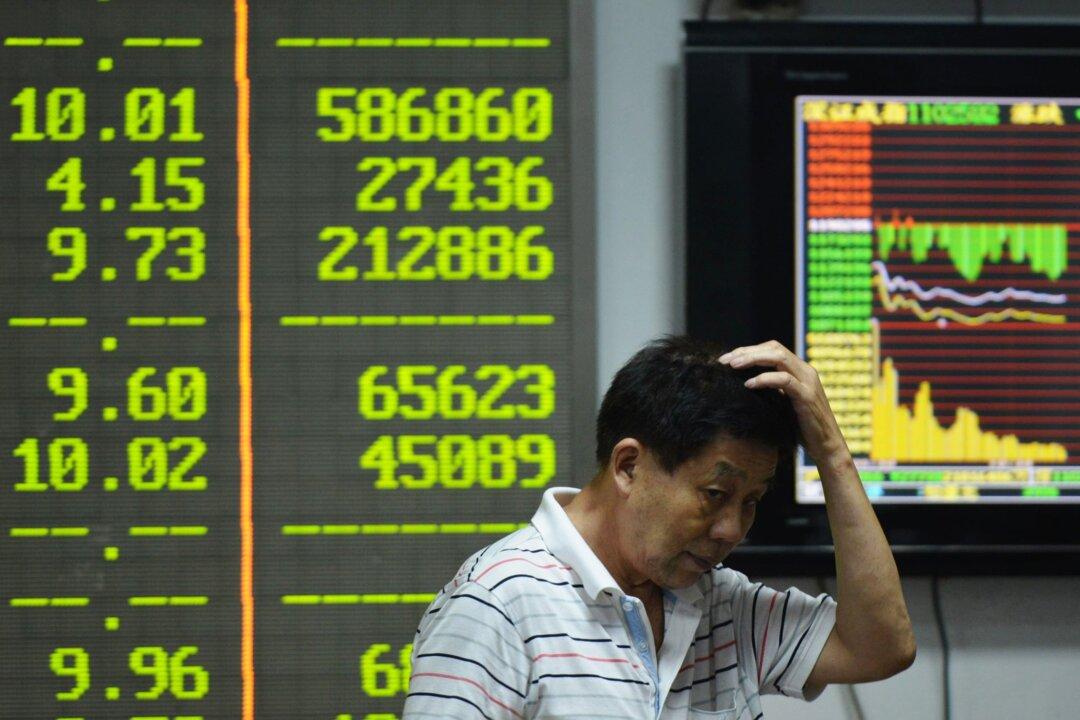Be careful what you wish for. In China’s case it wanted market forces to have increased dominance in its centrally planned economy. That works great on the way up, but many people forget there is a way down as well.
Case in point: Chinese stocks crashed 8.5 percent Monday, Aug. 24, wiping out all bubble gains for the year.
The reason: The authorities have really given up on the market. Previously they had defended the 3500 level as rock bottom, which was gone in a second today.
Market players had pleaded for more central bank intervention last Friday so it is almost surreal the People’s Bank of China did not follow through with the demand for further rate cuts. It also didn’t use any of the $300 billion earmarked to support the stock market ($160 billion of which has already come and gone).






